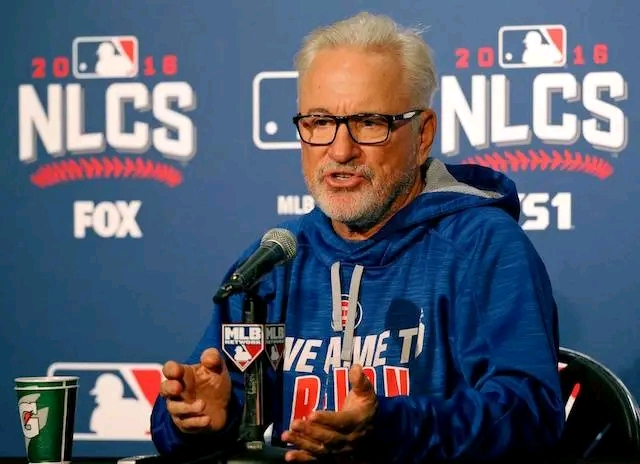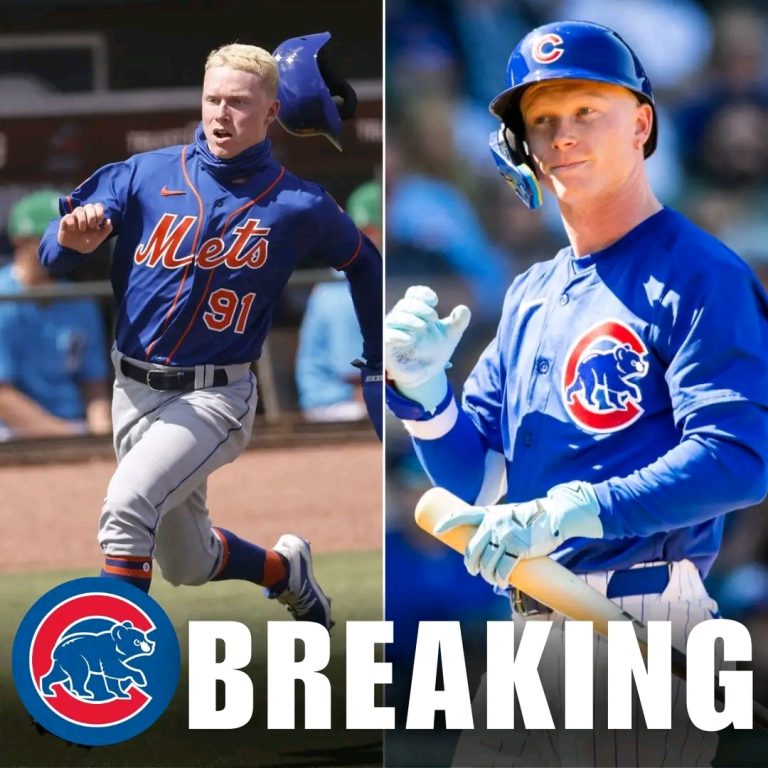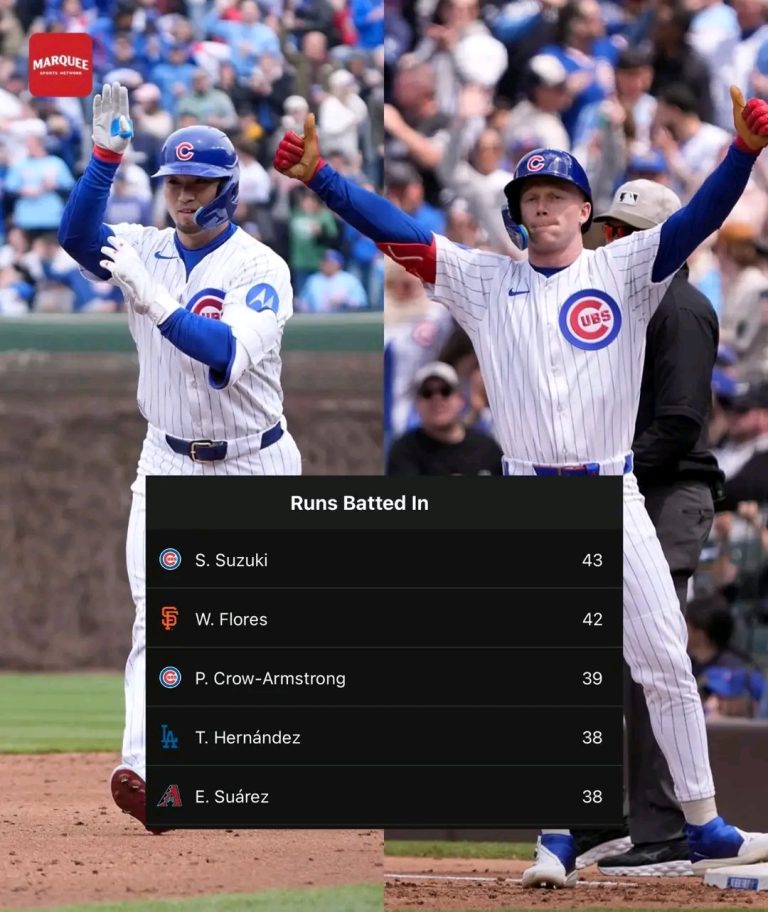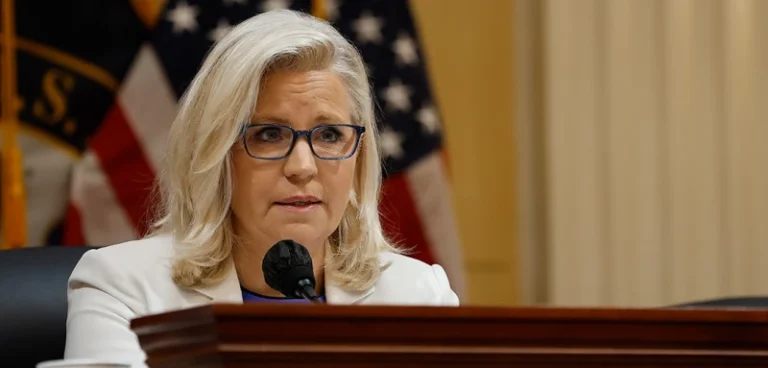
Chicago Cubs Leadership Has Embraced Need to Re-sign Slugging Superstar
The Chicago Cubs are making headlines once again—not for a trade or a managerial shake-up, but for a firm commitment to retain one of their most valuable assets. According to team insiders and recent statements by club executives, the Cubs leadership has recognized the critical importance of re-signing their slugging superstar, a move that signals a renewed dedication to competitiveness and long-term stability.
In recent seasons, the Cubs have weathered roster shake-ups and fan frustrations, often walking a fine line between rebuilding and remaining competitive. However, their current approach appears more focused and forward-looking. The front office, led by President of Baseball Operations Jed Hoyer, has reportedly placed contract negotiations with the team’s offensive powerhouse at the top of the offseason priority list. This shift demonstrates a growing awareness that talent retention is just as vital as player development or free-agent acquisitions.
While the club has not publicly confirmed specific contract figures or terms, sources close to the negotiations suggest the Cubs are prepared to offer a lucrative, multi-year deal to keep the slugger at Wrigley Field. “We understand the value he brings not just in the box score, but in the clubhouse and the community,” Hoyer was quoted as saying in a recent press briefing. This change in tone is a marked departure from past years, when cost-saving moves led to the departure of stars like Kris Bryant, Anthony Rizzo, and Javier Báez.
The player in question—widely regarded as one of the most feared hitters in the National League—has consistently expressed his desire to stay in Chicago. Fans have rallied behind him as the face of the franchise, and his impact has gone beyond the diamond. Community outreach, mentoring younger players, and a strong work ethic have made him a respected figure in the locker room and a fan favorite. It’s clear that both parties see the potential for a long-term future together.
Financially, the Cubs are in a strong position to make such a commitment. With significant salary space cleared in recent seasons and robust revenue streams from TV rights and ticket sales, the organization has the flexibility to make a big splash. Analysts note that retaining homegrown or well-established talent can pay dividends beyond just wins and losses—it solidifies a team’s identity and builds loyalty among fans and teammates alike.
Should the deal come to fruition, it would represent a major strategic pivot for the Cubs. Rather than relying solely on developing prospects or seeking undervalued talent, Chicago would be betting big on a proven star to lead the team back to postseason contention. The move could also influence future free agents, signaling that Wrigleyville is a destination where winning is once again a top priority.
As negotiations continue, the baseball world watches closely. The outcome of this deal could shape the Cubs’ trajectory for years to come—and with it, the legacy of their current leadership. For now, one thing is clear: the Chicago Cubs are no longer content to let their biggest stars walk away. They’re ready to build something lasting, and it starts by keeping their slugger right where he belongs.





